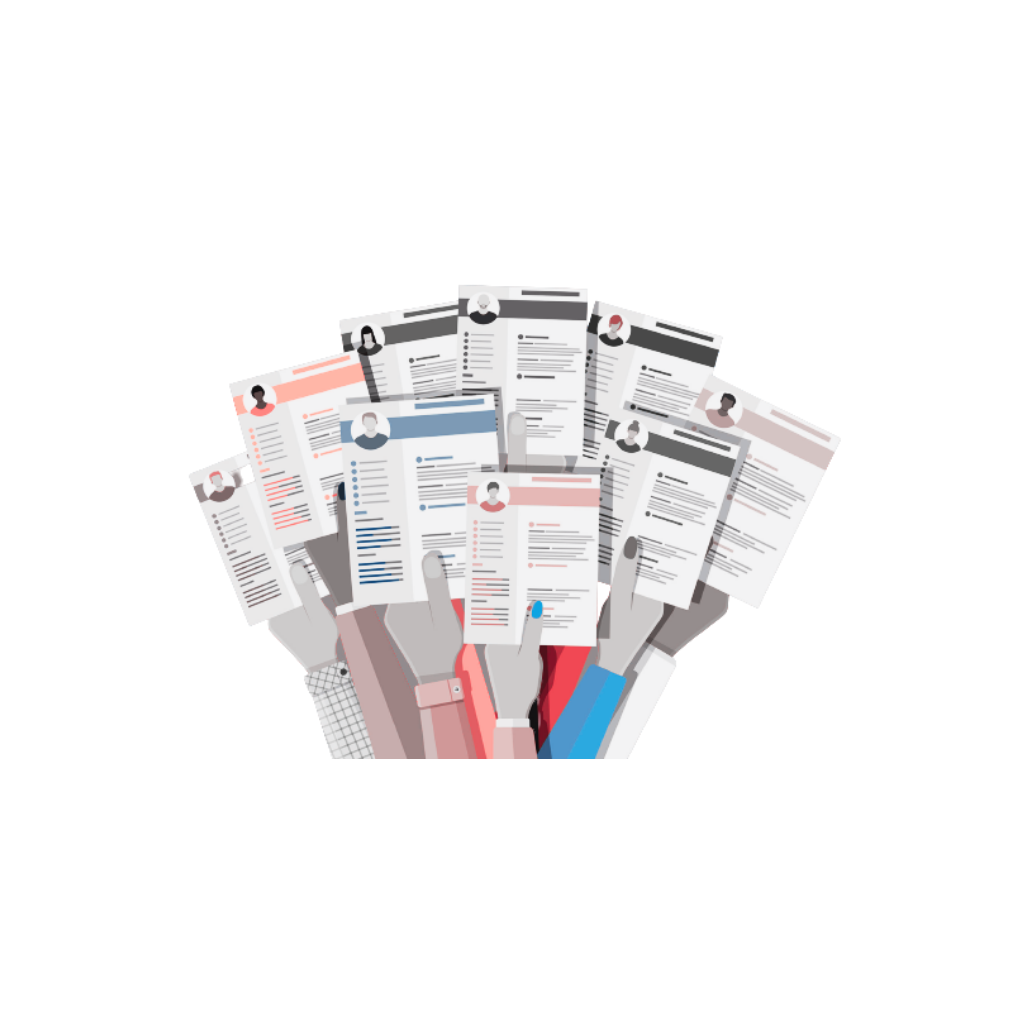
How to draft a perfect CV: Do's and Don'ts
24 September 2022
CV is an acronym for curriculum vitae, and this Latin word means “course of one’s life“. As the name suggests, a CV is a detailed document about all your academic and professional endeavours and experiences. It includes all of your work experience, academic history, awards, research work and papers you’ve published, and the massive projects you’ve undertaken and completed. It’s to simply put a detailed document of all your achievements, highlighted on a sheet.
Significance of a well drafted CV
When you go out to seek a job at any firm or office, the recruiter needs some basis to select you. They need to know all your accomplishments in that field and why you are the best candidate for that position, so they request for a CV, which is a written record of all your details and accomplishments.
A well drafted CV can do you wonders because it gives the employer a chance to go through it and get to know your accomplishments and how perfect you are for the job. Your CV is like your shadow; it represents you well enough even before the recruiters interview you. Hence, it needs to be well drafted.
A good CV is the result of various tactics and well-applied methods. There are various things that you need to add into a CV in order to make the CV elusive and there are a stack of things you need to avoid in order to not make the CV redundant, mundane, or unprofessional.
Let’s go through the “Do’s” and the “Don’ts.”
Do's
(1) Identify the Information which needs to be added
The first thing you need to Do is to figure out what you need to include in your two-page CV from the mountain of information you’ve accumulated over the course of your life. The most important things which are to be added to the CV are listed below.
(1.1) Academic History
All your academic history needs to go in reverse chronological order, starting from high school, then intermediate level, going on to the bachelors, then masters, and so on. Academic History is an important section to include on your CV, as it helps potential employers build a picture of your qualifications for the job. Some roles may even require a particular degree, and your CV is the best place to show that you have it.
(1.2) Professional Experience
You are also required to add your professional experience to your CV, all the places you did your internships and all the places you worked before applying to the place you are giving your CV to. Work experience of any kind helps to make your CV stand out and shows employers what skills you already have.
(1.3) Qualifications and Skills
Your qualifications and skills are another piece that you need to add to your CV. Your qualifications in different languages or your skills; you can add all of this to the CV. All your certifications, and accreditations go in here.
(1.4) Awards and Honours
All the awards you have achieved and all the honours you have bagged will be mentioned here along with the names of the awards and the year you bagged them, the organizations which awarded you the same and all the details of the awards, like the year they were given, and what they were given for.
(1.5) Publications
If you have any publications to your name, your CV is the right place to mention them. Publication citation along with the publisher, the date it was published, volume, and page. Publications can help you in the long run and often give you an edge over other candidates. They also provide a chance for the recruiter to get to know you and your skills, because your writing can say a lot about you.
(1.6) Contact Information
The CV needs to include your contact number and email. Adding personal contact details to a CV helps the recruiter to reach you. You can also add contact information of a reference. In case the recruiter wants to cross check the data in you CV.
(2) Design the CV in terms of the job you are seeking
(3) Keep it concise
The details in the CV should be concise. And, proper spacing in your CV is also mandatory to make it look neat and not like some overworked document.
(4) Keep the font formal
Fonts which are hard to read should be avoided, and fonts which are easy to read and look formal should be used in the CV.
(5) Strategic use of paragraphs and bullet points
Using paragraphs and headings is a nice way to divide the details of the CV, as CV’s without any writing breaks and paragraphs are not appealing to the eyes. You should also use bullet points strategically in order to make your CV more alluring and neat, as it helps the recruiters focus more on the distinctive points.
(6) Make the main headings bold or use underline or italics in headings and subheadings
The main headings should be bold so that they are more conspicuous than the other texts that are written within them. The important points or the sub headings may be in italics or underlined as it draws a horde of attention. This makes the CV more pleasant, and if you are favoured by luck, your interview might end up being about all those points you italicized or underlined that were your forte.
(7) Save the document with a professional name
Don’t save the documents with names like “document1” or “personal”. The CV should be named professionally, including your name and the title. For example, “Harry’s CV.”
(1) Don't lie or exaggerate in your CV
Lying and exaggerating in your CV is to be avoided because the interviewers focus on all the information that you have stated in your CV. If what is mentioned is a lie, you will not have enough knowledge about what’s mentioned and you will not be able to answer the questions. The result of this will not be good and you will end up risking your selection and your dream job too.
(2) Don't fill the CV with graphics
(3) Shouldn’t contain too much information or your confidential information
The CV should not contain too much information or your confidential information like your marital status or your life history; only work-related information which describes your professional life and your achievements, along with the highlights of your academics, should be mentioned.
(4) Typos/grammatical mistakes
The most common and unprofessional mistake which can be made while drafting your CV is having grammatical errors in it. This shows carelessness because you are expected to check the CV twice after making it. If your CV still has grammatical errors and typos while you present it to your interviewers, it just means that you did not put enough time and effort into making it. And, the interviewer will not select an individual who does not put enough time to impress them.
Conclusion
It can be correctly said that your CV is a representation of you in front of the employer, so a well-drafted CV is a huge step towards showcasing you as a fit candidate for the position. These steps discussed in this Article should be followed to create your perfect CV, which will result in you getting your dream job or position in the organisation you have always wanted.
Editorial Team

Alvina Ali
Author
